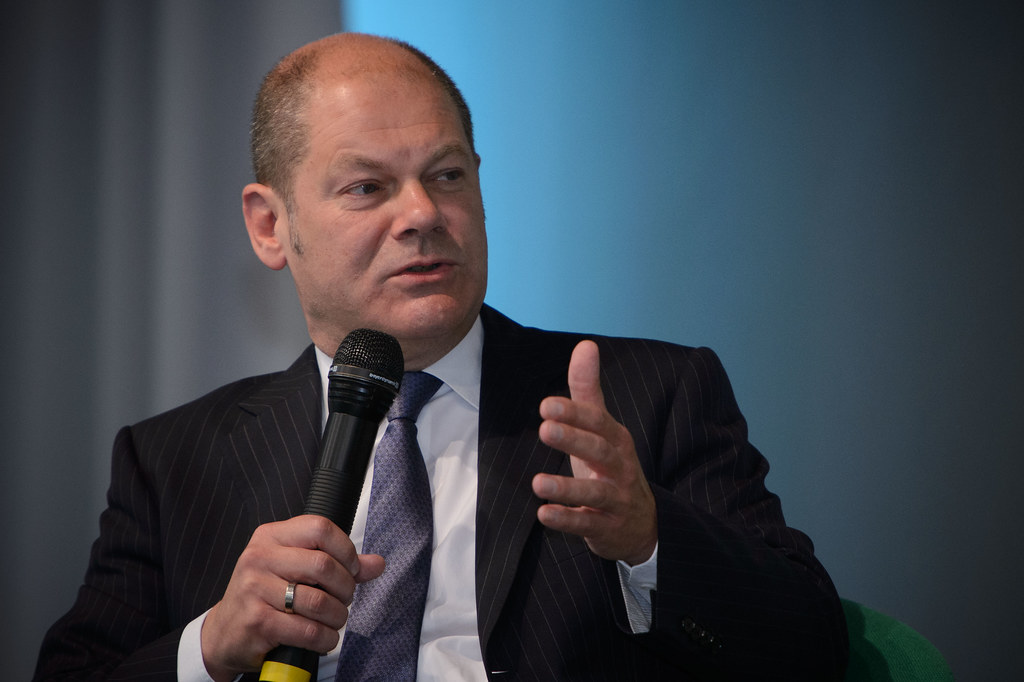What will (not) change with the Scholz government in Germany. Ispi report

Almost two months after the elections, there is an agreement on the ruling coalition in Germany. Italy fears a return of austerity in Europe but it is not so obvious. The ISPI analysis
In Germany, the Social Democratic Party (SPD), the Liberal Democratic Party (FDP) and the Greens have reached an agreement for the creation of a governing coalition. The new chancellor – who will succeed Angela Merkel – will be Olaf Scholz, leader of the Social Democrats and winner of the elections at the end of September.
THE COMMENT OF VILLAFRANCA (ISPI)
"It did not take 6 months last time to find the right balance on the new German government program", explained Antonio Villafranca, research director of ISPI . "The Covid emergency required the three coalition parties to hurry".
ALIGNMENT WITH "FRUGAL" NOT DISCOUNTED
The ISPI analyst argues that "it is not certain that with the Liberals for Finance the rapprochement with the 'frugal' is around the corner": he refers to the fact that the head of the Liberal Democrats, Christian Lindner, will hold the position of Minister of Finances. Italy therefore fears that Berlin, aligning itself with the so-called "frugal countries" of the North (the Netherlands, Denmark, Sweden, Austria and Finland), could push the European Union towards an austerity line in the economy after the large spending plans for recovery from the pandemic.
However, Villafranca points out that “in the socialist-led government program, investments are at the top of the agenda”, referring to the proposal to increase the minimum wage to 12 euros per hour and the push on the energy-ecological transition.
FINANCING THE TRANSITION
Social Democrats, Liberal Democrats and Greens have agreed not to introduce new taxes and not to raise taxes on income, corporations and value added. In the report, the Institute of Studies for International Politics underlines how the coalition “risks running aground above all on energy, ecological transition and budget parity”. The Greens, in fact, want to carry out a large program of investments in infrastructures, also to make them more resistant to climate change; Scholz has announced that Germany's coal-fired capacity will be phased out by 2030.
"But it is not clear with what money", writes the think tank, given that the Liberal Democratic Party, "which also voted in favor of the European project Next Generation EU, has excluded tax increases and new indebtedness".
FOREIGN POLICY TOWARDS RUSSIA AND CHINA
“With the Greens to Foreign Affairs (and the Environment)”, the ISPI analysts add, “the positions towards Russia and China could be less soft, but in any case in the sign of continuity”. The line of the leader of the Greens, Annalena Baerbock , is quite close to the United States: she is against the Nord Stream 2 pipeline between Germany and Russia – as opposed to Scholz, which is softer – and believes it represents a danger to the security of the Ukraine; on China, on the other hand, he had promised to distance himself from Merkel's prudent-pragmatic approach, aimed at maintaining commercial relations, and to take action against human rights violations committed by the Beijing authorities.
In the coalition contract – writes on Twitter Lorenzo Monfregola , an expert journalist from Germany – it is specified that the government supports Taiwan's participation in international organizations. Taiwan is a state in its own right, but China considers it a part of its territory to be recovered.
This is a machine translation from Italian language of a post published on Start Magazine at the URL https://www.startmag.it/mondo/governo-germania-cosa-non-cambia/ on Thu, 25 Nov 2021 15:01:22 +0000.
